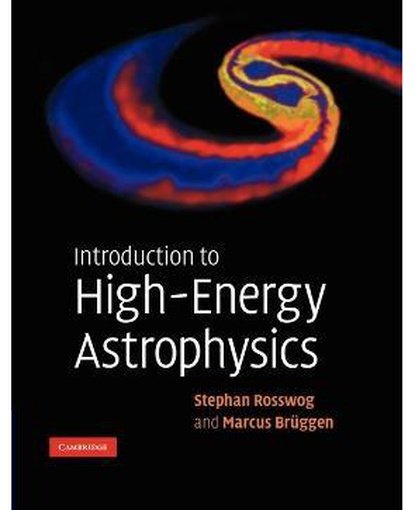Rosswog, Stephan - Bruggen, Marcus
Introduction to High-Energy Astrophysics
Introduction to High-Energy Astrophysics
Couldn't load pickup availability
High-energy astrophysics covers cosmic phenomena that occur under the most extreme physical conditions. It explores the most violent events in the Universe: the explosion of stars, matter falling into black holes, and gamma-ray bursts - the most luminous explosions since the Big Bang. Driven by a wealth of observations, there has been a large leap forward in our understanding of these phenomena. Exploring modern topics of high-energy astrophysics, such as supernovae, neutron stars, compact binary systems, gamma-ray bursts, and active galactic nuclei, this 2007 textbook is ideal for undergraduate students in high-energy astrophysics. It is a self-contained, relevant overview of this exciting field of research. Assuming a familiarity with basic physics, it introduces all other concepts, such as gas dynamics or radiation processes, in an instructive way. An extended appendix gives an overview of some of the most important high-energy astrophysics instruments, and each chapter ends with exercises.


